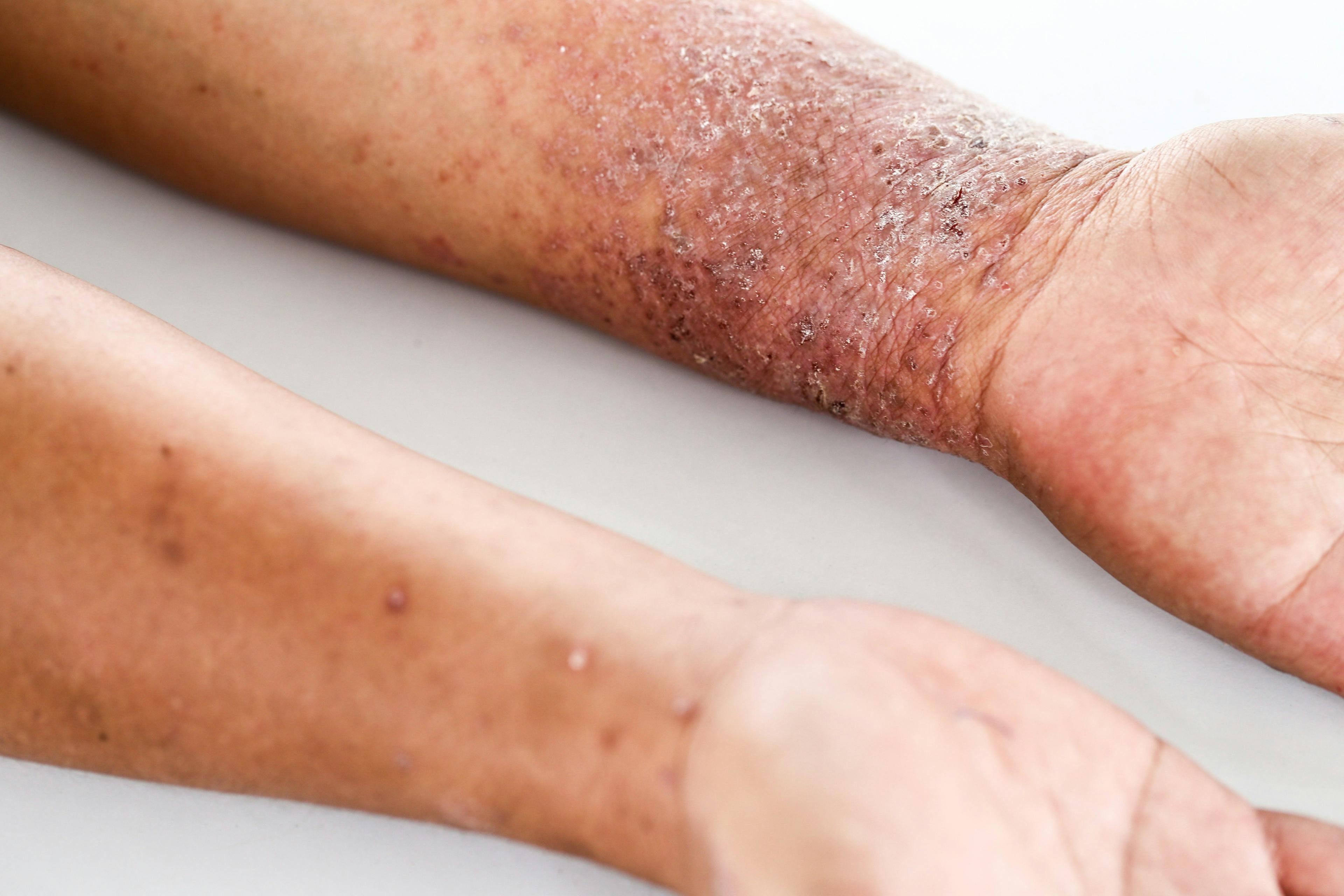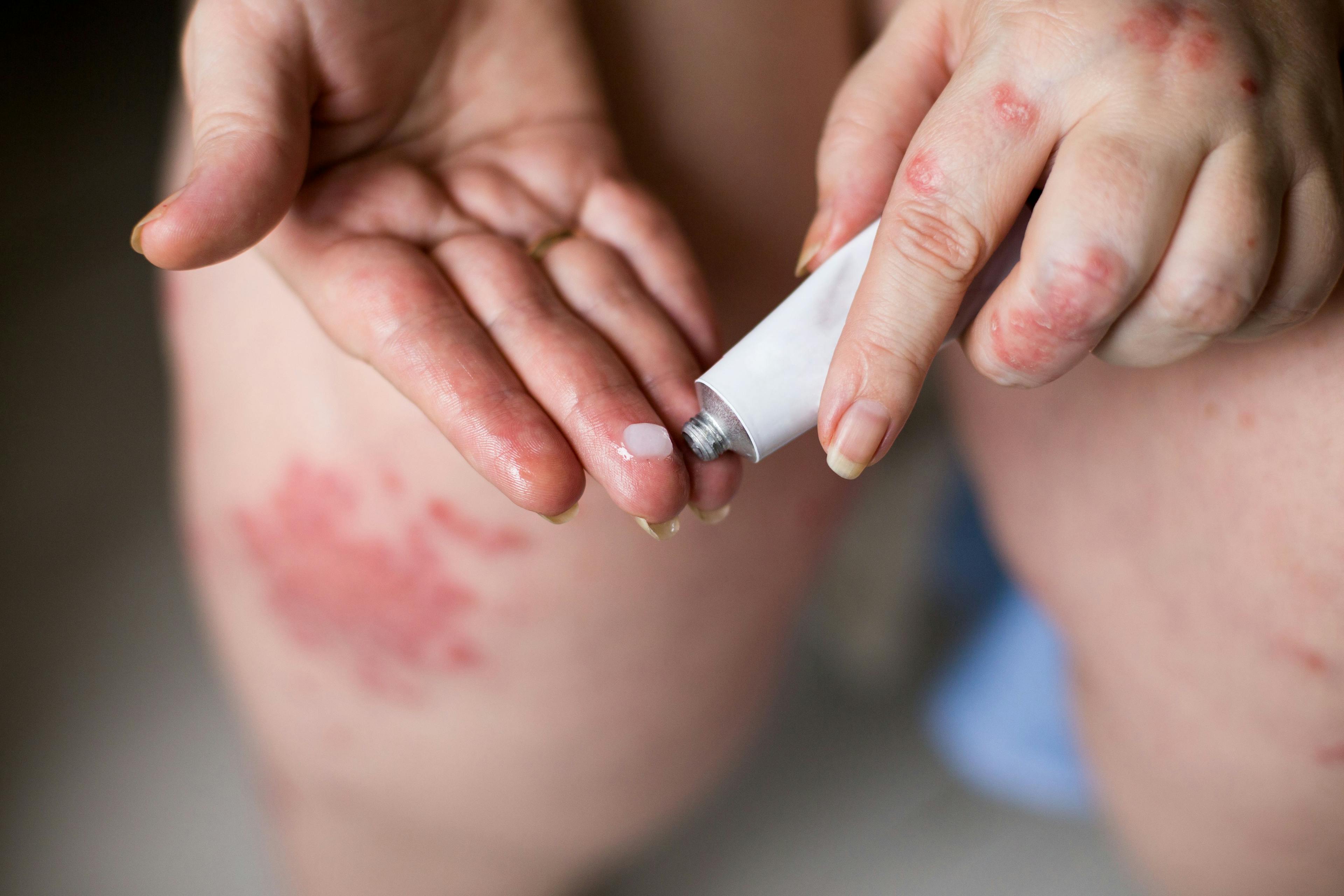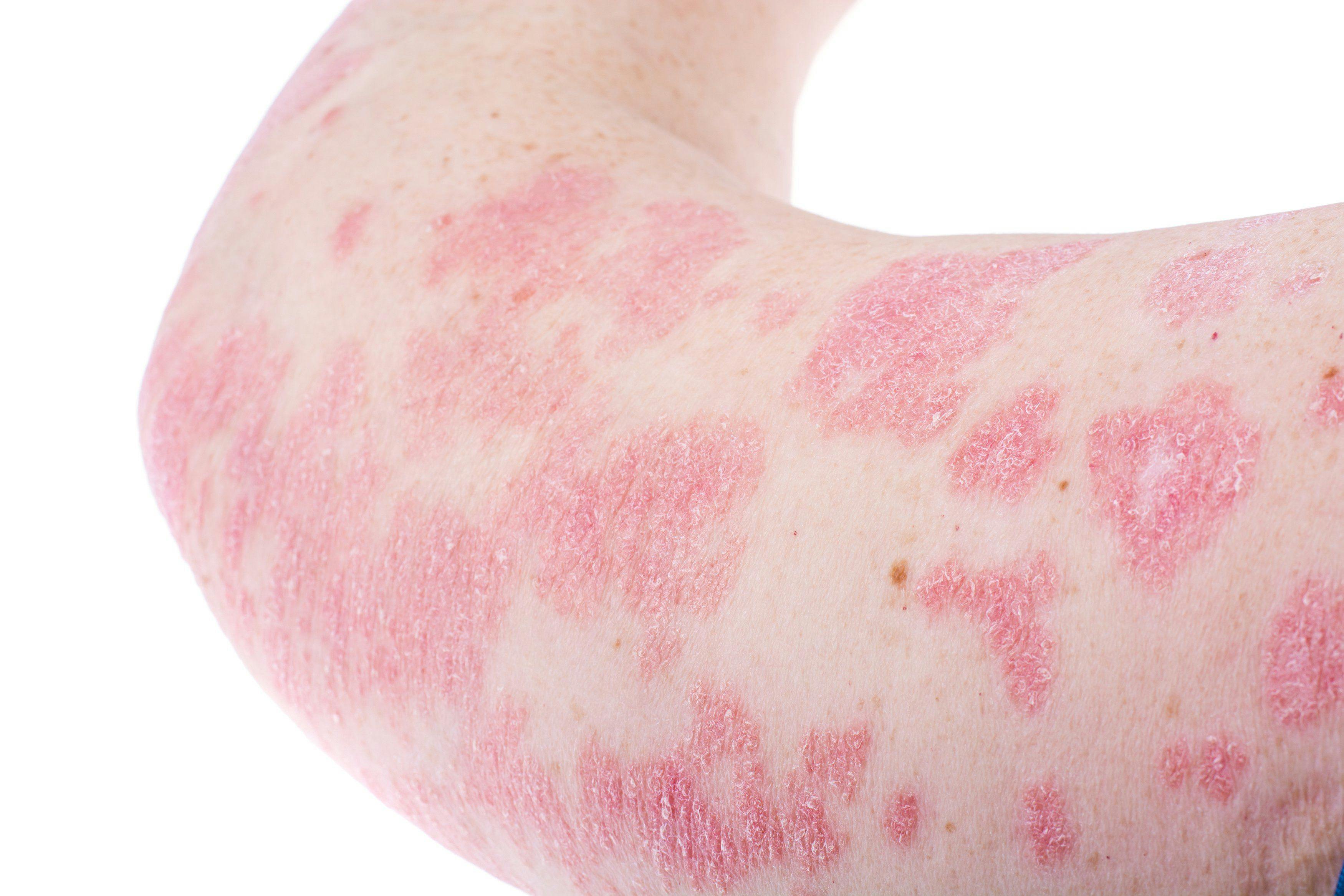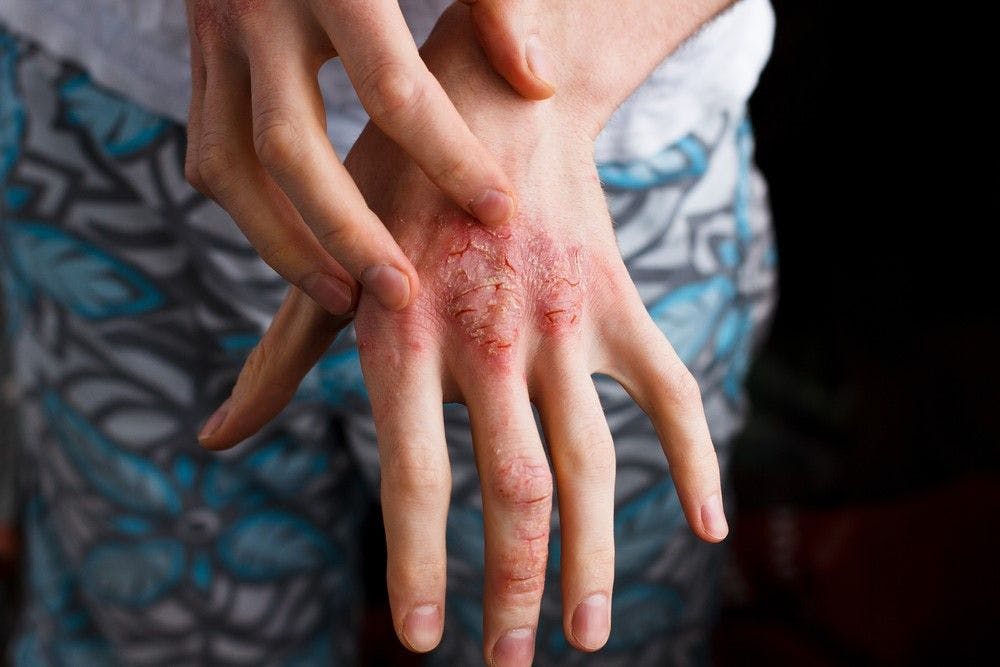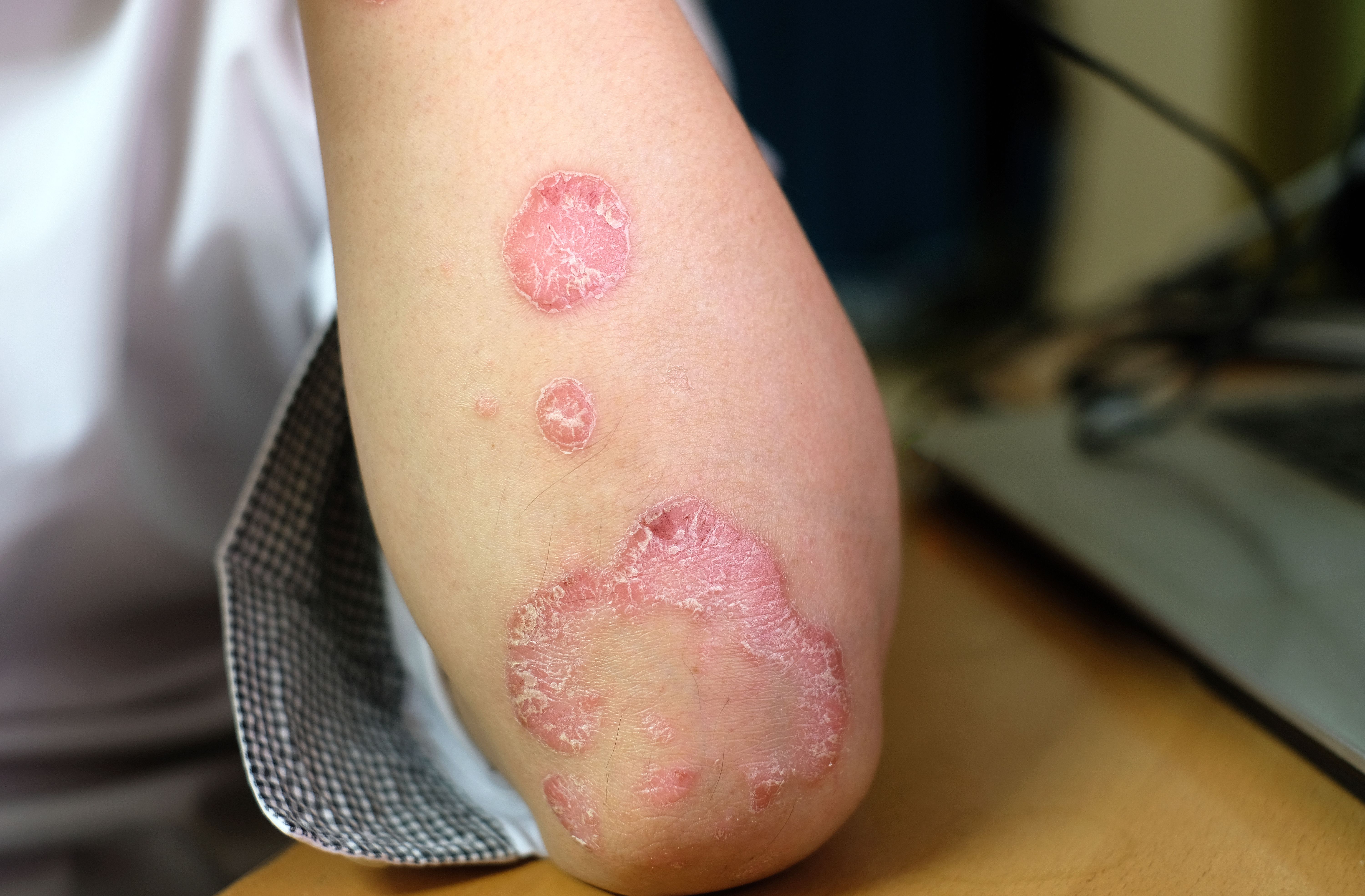- Acne
- Actinic Keratosis
- Aesthetics
- Alopecia
- Atopic Dermatitis
- Buy-and-Bill
- COVID-19
- Case-Based Roundtable
- Chronic Hand Eczema
- Chronic Spontaneous Urticaria
- Drug Watch
- Eczema
- General Dermatology
- Hidradenitis Suppurativa
- Melasma
- NP and PA
- Pediatric Dermatology
- Pigmentary Disorders
- Practice Management
- Precision Medicine and Biologics
- Prurigo Nodularis
- Psoriasis
- Psoriatic Arthritis
- Rare Disease
- Rosacea
- Skin Cancer
- Vitiligo
- Wound Care
Publication
Article
Dermatology Times
Four effective anti-IL 23 drugs for psoriasis
Author(s):
Two approved and two pending anti-IL 23 drugs offer an opportunity for moderate to severe psoriasis patients to regain their lives, according to researchers presenting at the 2018 Fall Clinical Dermatology Conference.
LAS VEGASâTwo approved and two pending anti-IL 23 drugs offer an opportunity for moderate to severe psoriasis patients to regain their lives, according to a presentation at the 2018 Fall Clinical Dermatology Conference.
“With very few injections a year, patients with awful psoriasis can return to normal,” said Mark Lebwohl, M.D., of the Icahn School of Medicine at Mount Sinai in New York City.
One of the two approved biologics is guselkumab (Tremfya, Janssen) from July 2017. “At 16 weeks, improvements in the Psoriasis Area and Severity Index (PASI) score were exceptional,” Dr. Lebwohl said. “And when you look at patients on the drug for over three years, not only did they do very well, but they continue to do well.”
This past March, tildrakizumab (Ilumya, Sun Pharmaceuticals) also received FDA clearance. “The big advantage of this drug is that it is given at week 0, week four and then every three months,” Dr. Lebwohl said.
Dr. Lebwohl said such a regimen is ideal for a variety of patients, including distant college-bound students who will no longer need to store syringes in a refrigerator. People who travel a lot are also good candidates.
“And although not approved for children, tildrakizumab would be an ideal treatment for children because injections are given so infrequently,” Dr. Lebwohl said.
A drawback of the medication, however, is that it has a slow release. “In fact, you do not see the efficacy peaking off until about week 28, so you really have to bear with this agent,” Dr. Lebwohl said.
On the other hand, the efficacy of tildrakizumab at week four is a fairly accurate indicator of which patients will attain a good result at week 28. “Of patients in the clinical trials who at week 28 achieved a PASI score of 100 percent, at week four their average PASI score was 53 percent,” Dr. Lebwohl said.
Overall, roughly 25 percent of patients attained a PASI score of 100 percent by week 28 and slightly over 30 percent achieved a PASI score of 90. For the group with a PASI score of 90, their PASI score was 46 at week four.
Dr. Lebwohl said the clinical trials of tildrakizumab were not designed ideally, however. “Normally you want to have your peak response as one of the primary endpoints,” he said. “But the company’s primary endpoint was selected at week 12, even though patients continued to improve substantially. If I had designed the trials, I would have selected a later timepoint.”
Risankizumab (ABBV-066, AbbVie) should be FDA approved next April, according to Dr. Lebwohl. “This drug demonstrates probably the best improvement in PASI scores than any of the drugs we have ever had for psoriasis,” Dr. Lebwohl said.
The schedule is week 0, week four and every four months thereafter. “The PASI 75 score at week 16 was 90 percent in both clinical studies,” Dr. Lebwohl said. “There were also very high PASI 100 scores.”
The final biologic is mirikizumab (LY3074828, Eli Lilly), which is still in clinical trials. “This medication is given once every four weeks,” Dr. Lebwohl said. “It appears to be quite effective, although it is administered slightly more often than the other three anti-IL-23 biologics.”
All four drugs have a good safety profile as well, according to Dr. Lebwohl, who has seen patients treated with all four agents in clinical trials.. “In animal models, blocking IL-23 does not appear to cause cancer either,” he said.
Nonetheless, data shows that at least for guselkumab and tildrakizumab, efficacy is slightly less efficacious in heavier patients.
“All four of these biologics will be incredibly valuable additions to the armamentarium for treating patients with psoriasis, including those with moderate disease,” Dr. Lebwohl said. “But the biggest drawback is their cost and insurance reimbursement.”
DISCLOSURES
Dr. Lebwohl is an employee of Mount Sinai, where all of the products mentioned in this story have been tested.
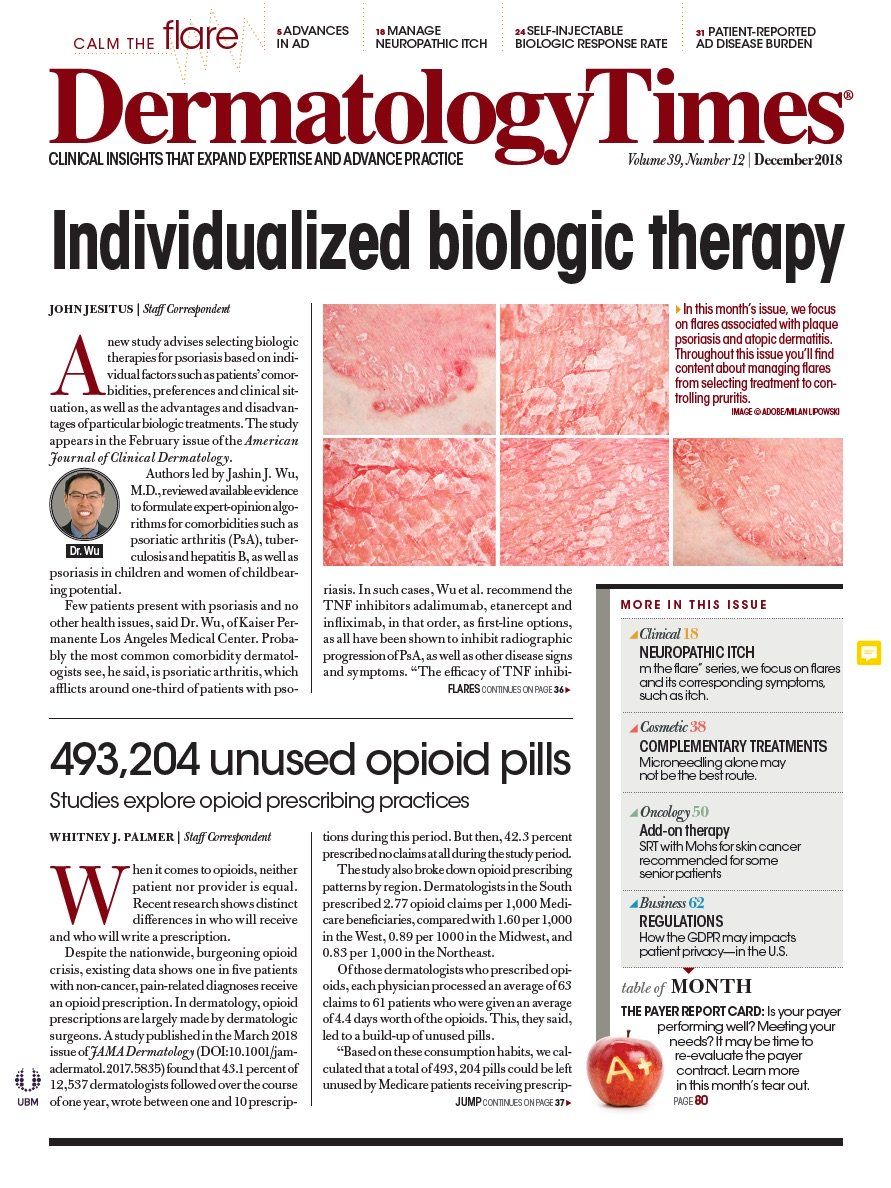
Newsletter
Like what you’re reading? Subscribe to Dermatology Times for weekly updates on therapies, innovations, and real-world practice tips.


